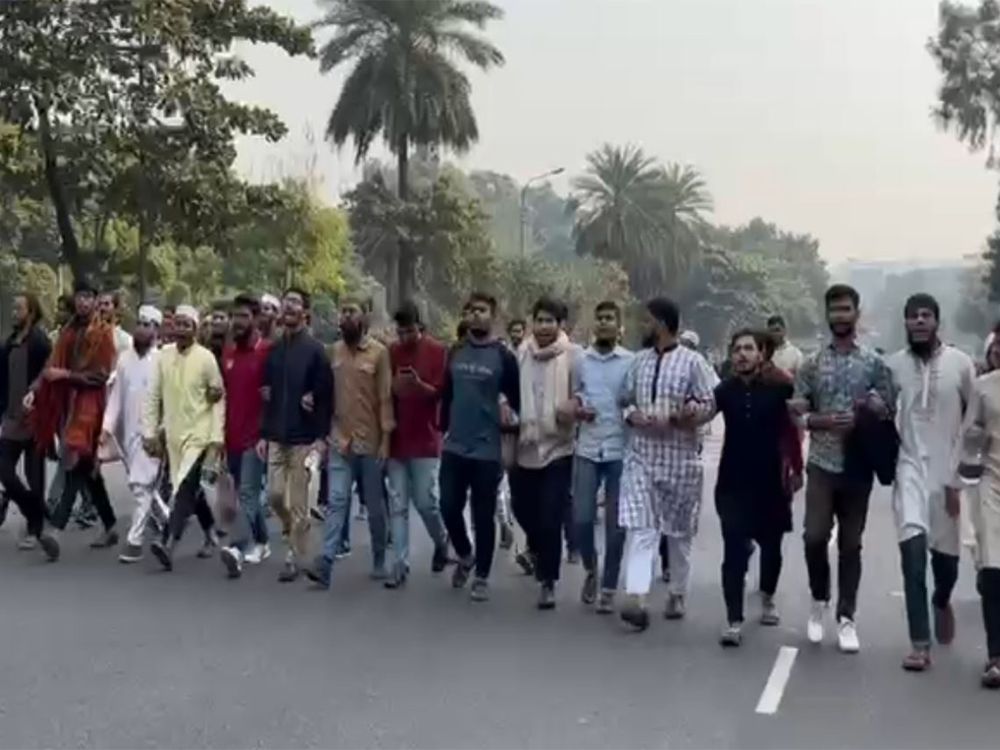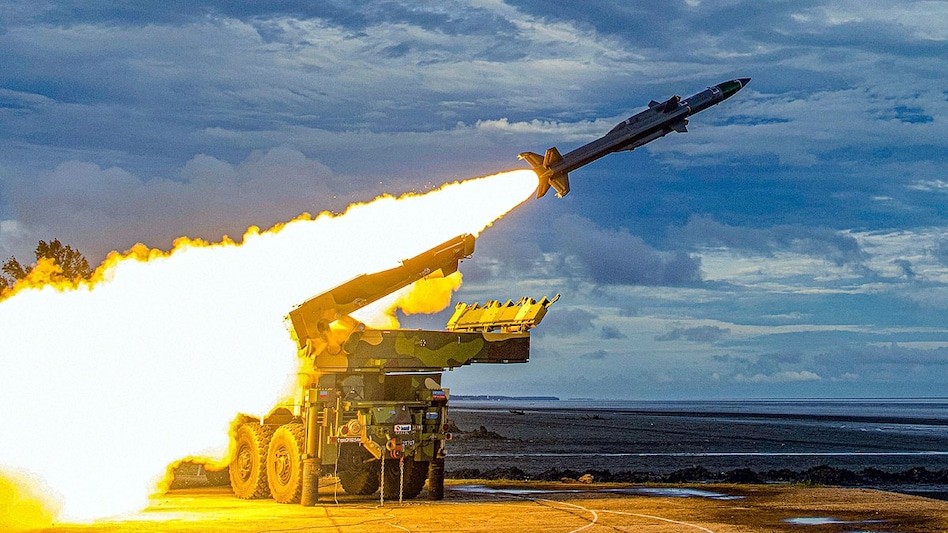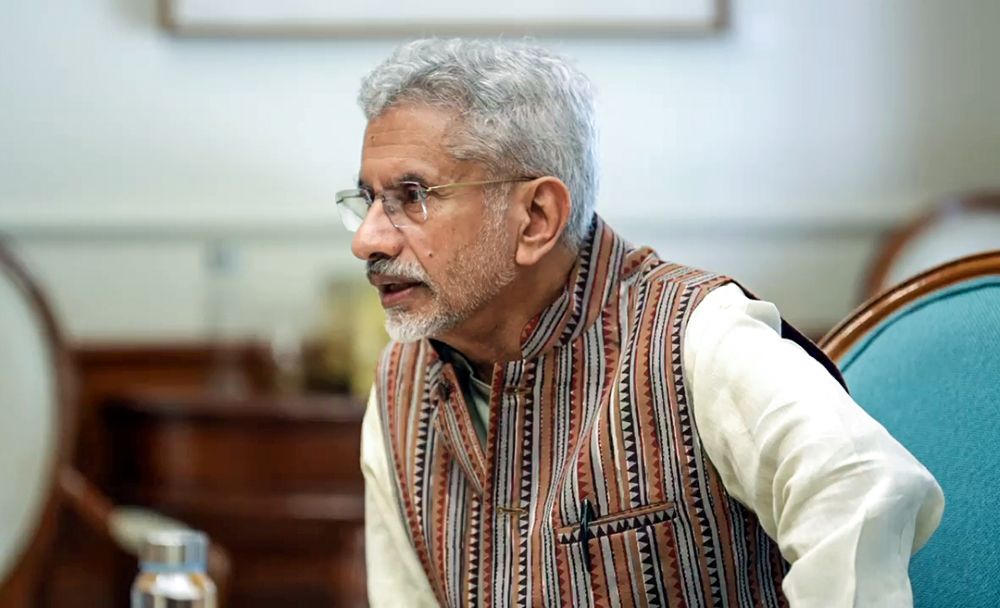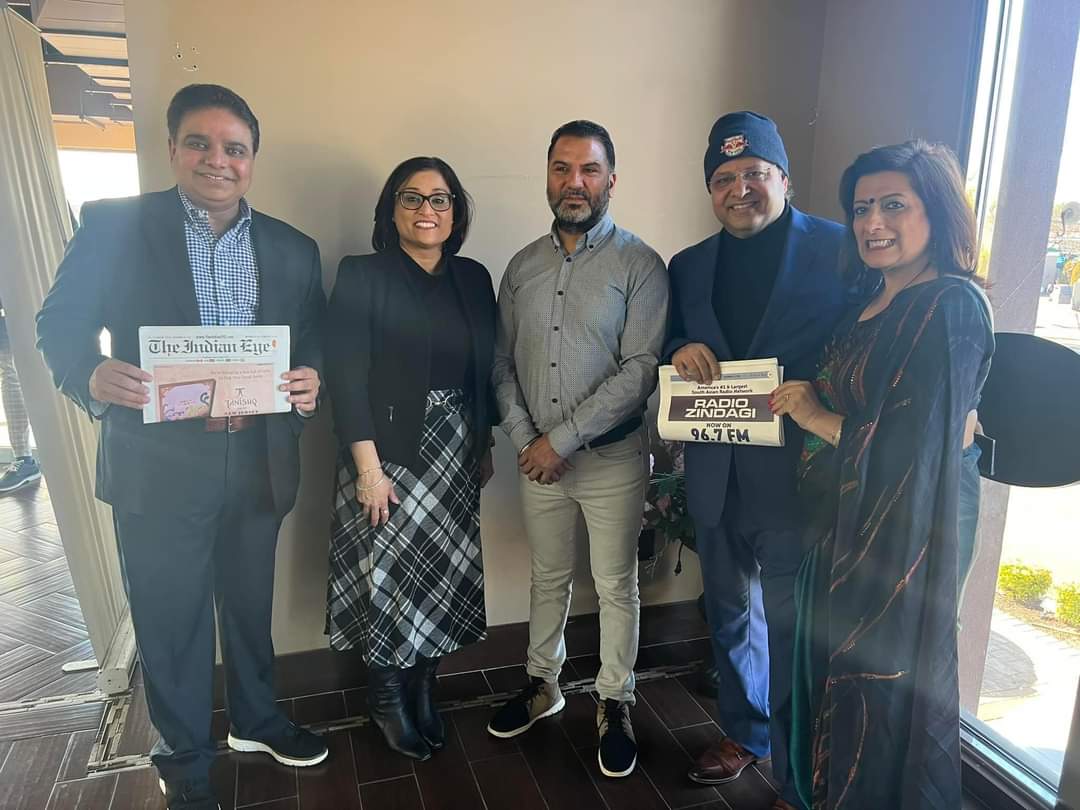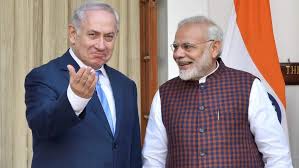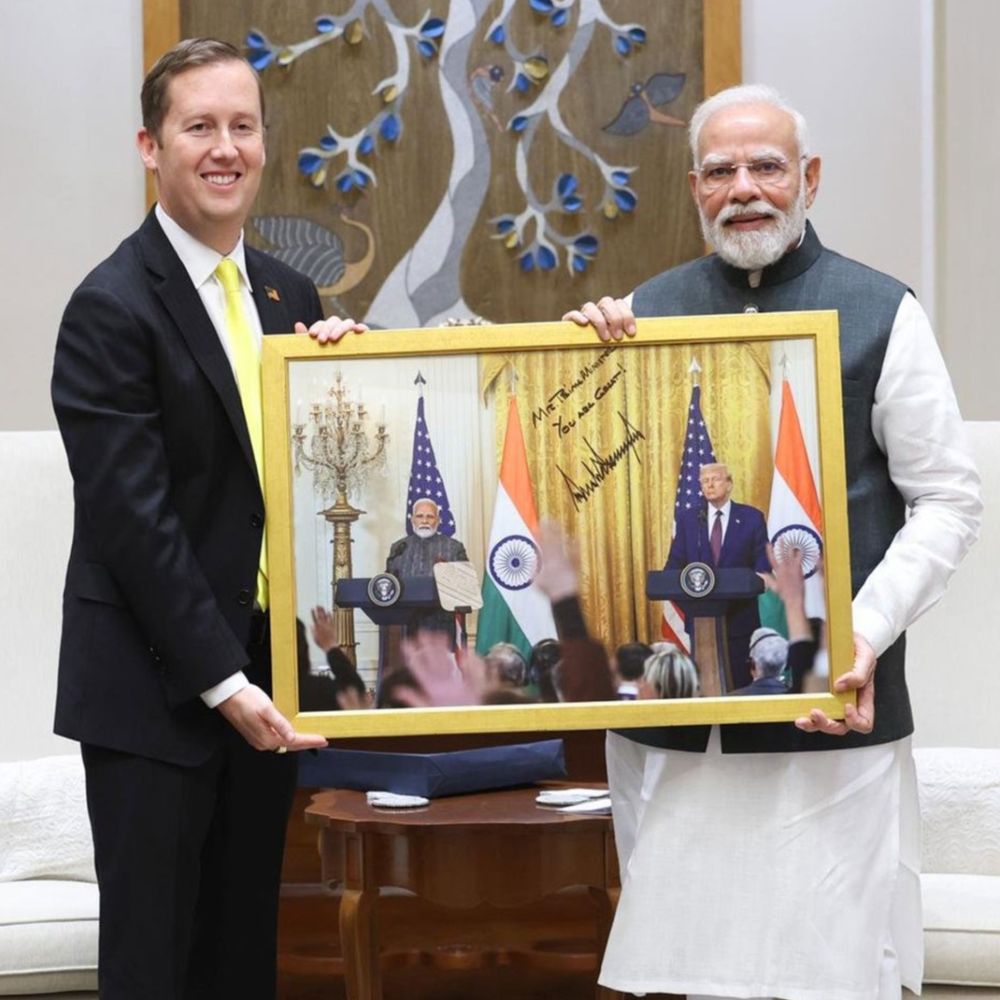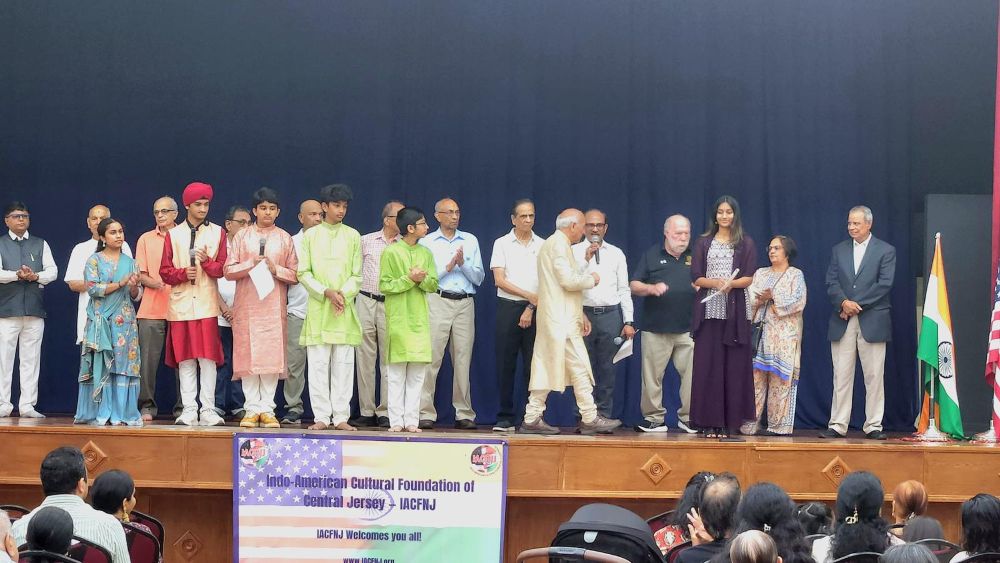India-Canada ties hit a new low after Justin Trudeau’s allegation that Indian agents were behind the shooting of Hardeep Singh Nijjar in June. What is the real story behind these allegations?
Our Bureau
New Delhi/Ottawa/New York
On Monday, Canadian PM Justin Trudeau dropped a bombshell by accusing the Indian government of being behind the assassination of Sikh separatist leader Hardeep Singh Nijjar in June. The chief of Khalistan Tiger Force (KTF) — a Sikh extremist organization banned by India and a “designated terrorist” — Nijjar was killed in a targeted shooting at British Columbia in Canada’s Surrey in June this year. Canada also expelled an Indian diplomat who was supposedly working as the station chief of India’s spy agency, Research & Analysis Wing.
India, however, rejected the allegations, terming them “absurd” and “motivated”. “We have seen and rejected the statement of the Canadian Prime Minister in their Parliament, as also the statement by their Foreign Minister,” the Ministry of External Affairs (MEA) said in a statement.
“Similar allegations were made by the Canadian Prime Minister to our Prime Minister and were completely rejected. We are a democratic polity with a strong commitment to the rule of law,” it added.
New Delhi on Tuesday expelled a senior Canadian diplomat in a reciprocal move to Canada expelling a senior Indian diplomat in light of the claim of New Delhi’s involvement in the killing of the wanted separatist leader. The MEA said the Canadian diplomat was asked to leave India within the next five days.
“The concerned diplomat has been asked to leave India within the next five days. The decision reflects the Government of India’s growing concern at the interference of Canadian diplomats in our internal matters and their involvement in anti-India activities,” it added.
But in another attack on India on Thursday, Justin Trudeau said his country stands by the international rules-based order and repeated his charge on India’s role in the killing of Nijjar, stating that there are “credible reasons” to believe the same.
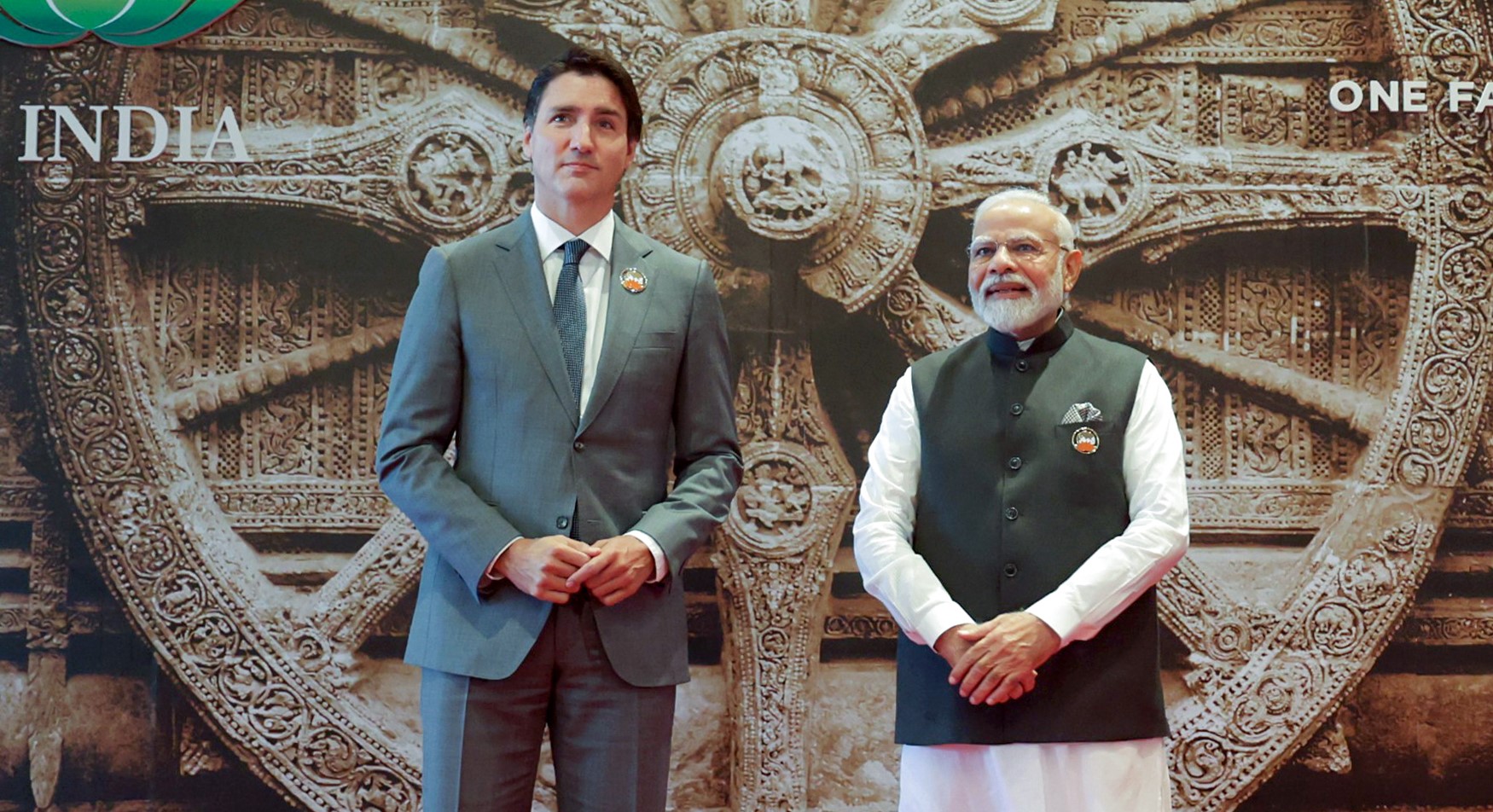
Addressing a press conference at Canada’s Permanent Mission to the United Nations in New York on Thursday Trudeau said, “As I said on Monday, there are credible reasons to believe that agents of the Government of India were involved in the killing of a Canadian-on-Canadian soil. That is …there is something of utmost foundational importance in a country’s rule of law in a world where international rules-based order matters…we have rigorous and independent judges and robust processes.”
Trudeau said, “We call upon the Government of India to take seriously this matter and to work with us to shed full transparency and ensure accountability and justice in this matter.”
“I think it is important that as a country with a strong, independent justice system … we allow those justice processes to unfold themselves with the utmost integrity. but I assure this decision to share these allegations on the floor in the House of Commons on Monday morning was not made lightly and was done with utmost seriousness,” Canada’s PM said.
Trudeau also highlighted the conversation he had with Prime Minister Narendra Modi on the issue. “I had a direct and frank conversation, with the Prime Minister (Modi), in which I shared my concerns in no uncertain terms…”.
Earlier, the Indian External Affairs Ministry in its response to the allegations by Canada had said, “Yes these allegations were raised by Canadian PM Justin Trudeau with PM (Modi) and PM rejected them.” The MEA said that allegations were raised by Trudeau when he was in India to attend the G20 Summit and that PM Modi had rejected them.
MEA spokesperson Arindam Bagchi said that Canada has not shared any specific information regarding the allegations and that India is asking Canada to take action against those facing charges related to terrorism. “We are willing to look at any specific information that is provided to us, but so far we have received no specific information from Canada,” Bagchi said on Thursday answering queries.
Notably, India’s visa processing center in Canada on Thursday suspended its services with immediate effect. On Wednesday, Indian nationals and Indian students in Canada were advised to avoid traveling to regions and potential venues in Canada that have seen growing anti-India activities, according to a release issued by the Ministry of External Affairs (MEA). Indian students in Canada have been particularly advised to exercise extreme caution and remain vigilant.
As the relations between the two countries worsen, citing Canada’s “diplomatic interference in internal matters”, the Ministry of External Affairs on Thursday and said there should be a parity in diplomatic staff strength. “We have seen Canadian diplomatic interference in our internal affairs…,” the Ministry of External Affairs said on Thursday amid the heightened diplomatic tension between India and Canada over the killing of a Khalistani terrorist Hardeep Singh Nijjar.
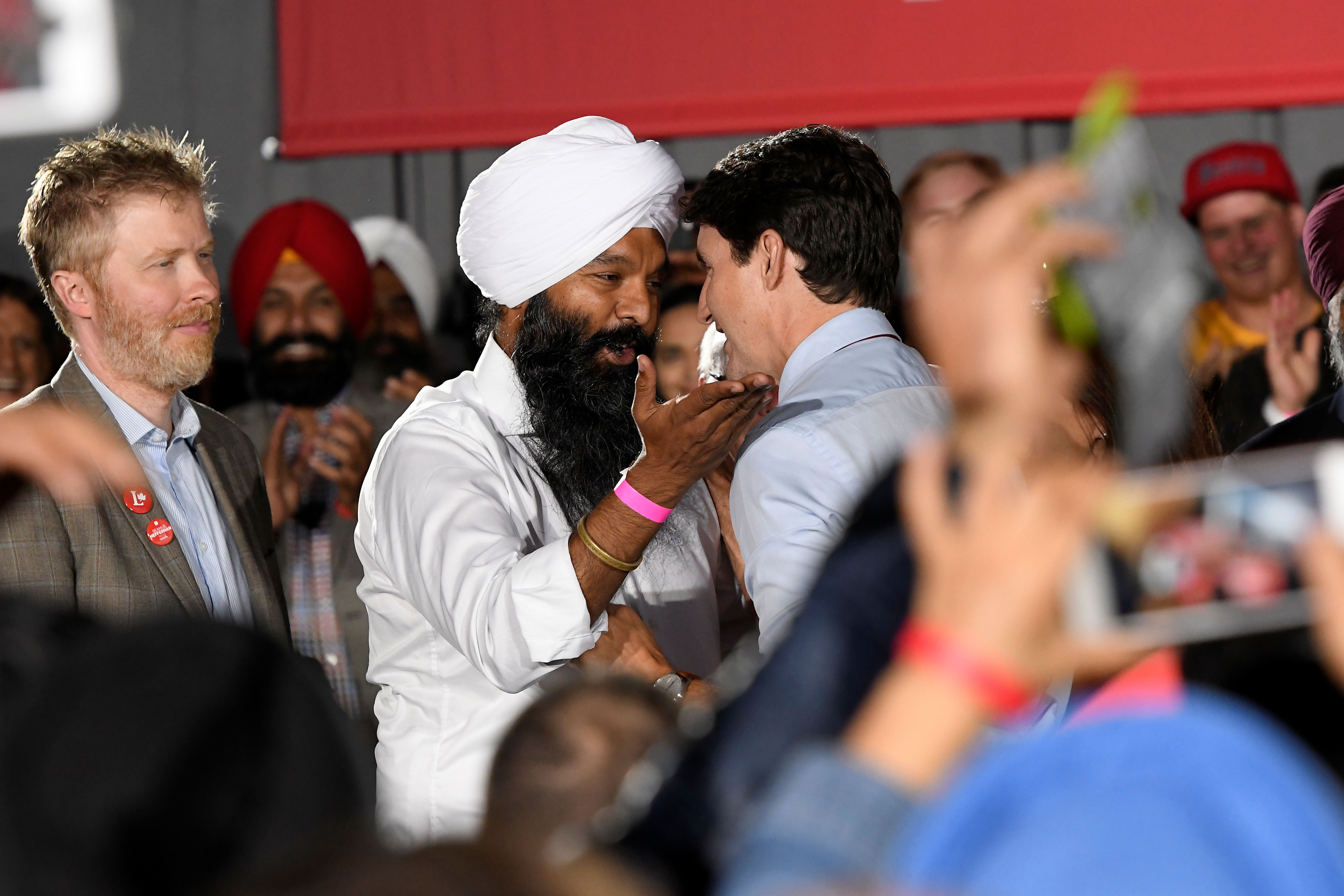
India on Thursday said that Ottawa’s response to its requests for extradition of anti-India elements has not been helpful. In a stern message to Ottawa, India said that Canada should not become a safe haven for those involved in terror activities and terrorism as a larger issue that is something that should be looked at as it is funded and supported by Pakistan and terrorists are operating from abroad, including in Canada.
“Safe haven is being provided in Canada, we want the Canadian government to not do so and take action against those who have terrorism charges or send them here to face justice,” Bagchi said.
But Canada seems to have support of other Western countries.
US National Security Advisor Jake Sullivan on Thursday (local time) said he will not be going into the substance of private diplomatic conversations. However, he said that the US is consulting with Ottawa closely and is in touch with the Indian government as well. Addressing a press briefing, Sullivan said the US supports the efforts that are being taken in the investigation and perpetrators held to account. He rejected the reports that are trying to create a gap between the US and Canada on the issue.
In response to a question on the ongoing fierce diplomatic standoff, Sullivan said, “As soon as we heard from the Canadian Prime Minister publicly about the allegations. We went out publicly ourselves and expressed our deep concern about them. Our support for a law enforcement process to get to the bottom of exactly what happened and to ensure that the perpetrators are held accountable. Not going to get into the substance of private diplomatic conversations, but we are in constant contact with our Canadian counterparts. We are consulting with them closely. We support the efforts that they are undertaking in this investigation, and we have also been in touch with the Indian government as well.”
However, describing it as a major scandal, a senior journalist from Canada, Daniel Bordman has said that there is a big spectre of foreign interference from China in the country. The journalist has said that there is an enormous threat of Chinese meddling in Canada as Justin Trudeau’s Liberal party has, during several election cycles sought support from the Chinese Communist Party (CCP), regarding which there is a story in Canada to move the spectrum away from Chinese foreign involvement.
In an interview, Bordman said, “Trying to decipher the motivations of Justin Trudeau can be, a maddening task at times, to figure out why he’s done. There is no logical explanation. There’s no reasonable explanation. There’s no good foreign policy explanation. But this is part of the course of Canadian foreign policy since 2015. So, in order to shift the spectrum from Chinese foreign interference, we have a story in Canada, which is essentially a story about Pakistani foreign interference, being framed as a story of Indian foreign interference to cover up the real story, which is Chinese interference.”
In the middle of the controversy, it has been reported that Pierre Poilievre, the Opposition Conservative Party leader is the preferred choice as Prime Minister by 40 per cent of Canadian citizens, as incumbent Justin Trudeau lags behind.
According to a new Ipsos poll done for Canada-based news platform Global News, the gap between Poilievre leaders gives an indication that Conservatives have high chances of getting a majority to form the government in the next elections in 2025 reports Global News.
Conservative Leader Pierre Poilievre’s polling momentum continues to chug along with 40 per cent of Canadians saying he’s the best choice to be PM. His favorable on this question are up five points from a year ago.
On the other hand, the number of respondents who think PM Justin Trudeau is the best choice remains static year-over-year at 31 per cent. NDP Leader Jagmeet Singh, who is a Khalistan sympathizer and a coalition partner of PM Trudeau, has slipped four points since September 2022, with 22 per cent of respondents saying he’s the best choice to lead the government.
Notably, on the ongoing diplomatic stand-off between India and Canada, Poilievre had stated that the Canadian PM should come out “clean with all the facts”.
As Trudeau faces a difficult political future, he seems to training his guns at India to distract attention from a lot of important domestic issues.

















